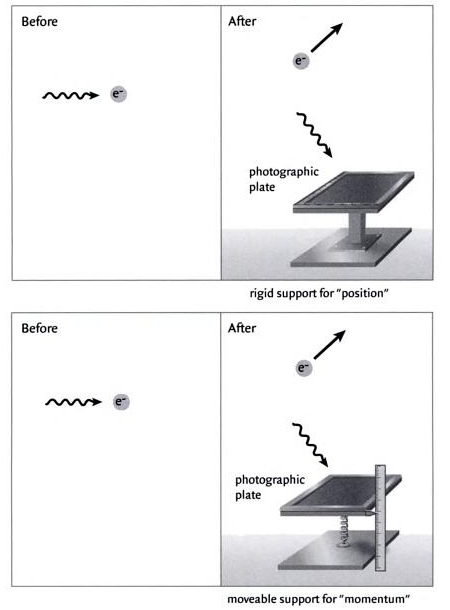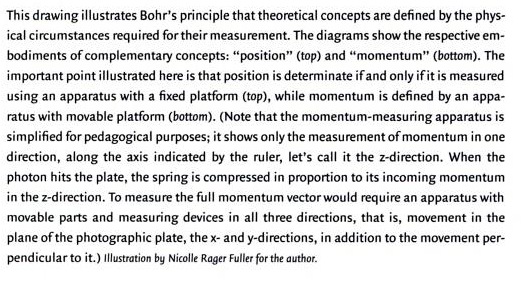Dr. Stephen Robertson’s essay, “The Differences between Digital History and Digital Humanities” engages many thought-provoking points, foremost in my mind, the challenges surrounding access to information. For all of the debates concerning what it is exactly that DH is doing, what unique qualities it brings to the table, if the table is locked away, we’re left standing. That intellectual property, digital or otherwise, is often protected as a commodity is an intuitive reality. Access to both print and digital subscriptions to academic journals, by and large, entails substantial fees. Some of the fully digital tools have locked-down APIs. That being said, the academy has a unique responsibility, even an existential one, to facility open access to ideas and information. Instead of going into the reasons why, I wanted to write a quick conversation starter that might point at one of many potential solutions.
Piggy-backing off of a recent development in New Media reporting, I can envision a mainline channel into the second largest repository of intellectual property in the world (although at this point, not the most technically agile – a separate problem) the Library of Congress. The Story Corps audio archive has been preserved at the Library of Congress for years. However, the Story Corps mobile application is new, and potentially trans-formative. Although in the past, reporters from Story Corp would sit down with interviewers and interviewees to help them record their stories, this was time-consuming, costly, and largely inefficient. The SC application allows users with smartphones to record and upload interviews that will be digitally preserved at the LoC, instantly, at the push of a button.
My question: How can the Library of Congress, a tax payer-funded institution be used from the outset to facilitate open access to new, digitally-born intellectual property? Can we look toward partnerships with a current, or yet-to-be-created government entity, and privately-funded organizations like Story Corp as a model for guardianship of ideas? What would such a partnership look like? What would we call it?



